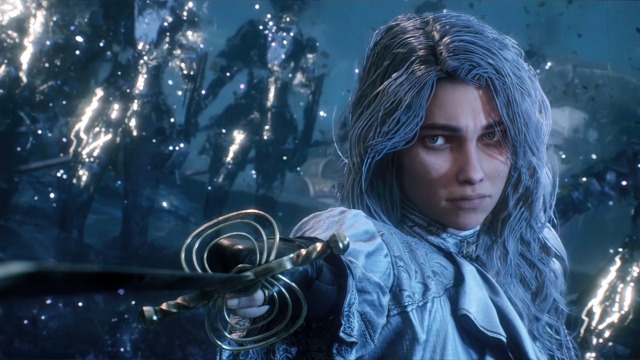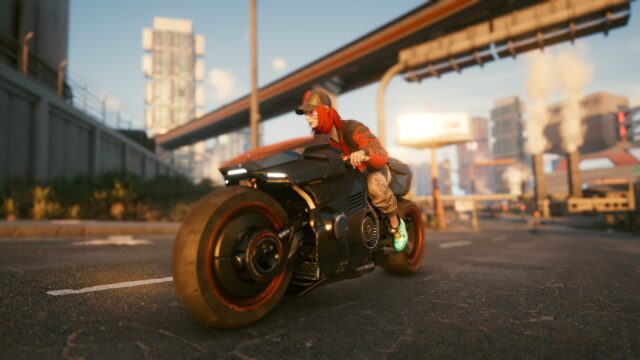Deus Ex: Human Revolution Review
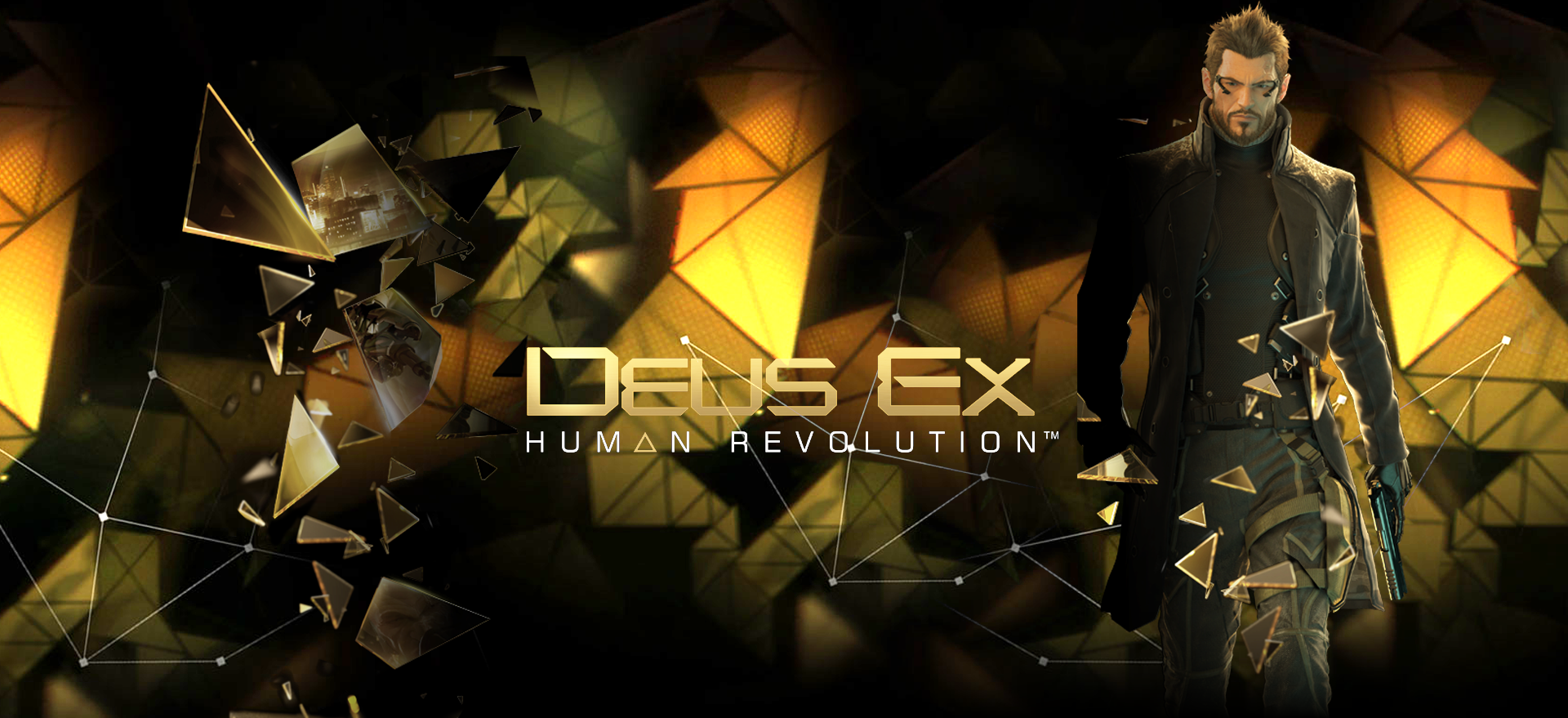
Deus Ex: Human Revolution is a worthy successor to the previous installments, as one can already say after an hour of playing the new game from Square Enix. When you want to replay the first completed mission right away because you realize that disabling the same enemies and crossing the same terrain can be done more elegantly, you understand that the next ten, twenty, or forty hours spent on the game will be worth it.
The player is thrown into the thick of events from the very first minutes. A quick introduction to the main characters – Adam Jensen, the head of security at Sarif Industries (whom the gamer will control), his love interest and brilliant scientist Megan Reed, a couple of other company employees, and a trio of thugs who vividly demonstrate the advantages of combat implants. After this demonstration, Adam is barely rescued from under a concrete slab; the hero’s life is saved only by a multi-hour operation to – you guessed it – implant numerous mechanical enhancements into his maimed body and a six-month leave. And then it’s time to get back to business because order must be restored in the corporation and find out who is behind all this mess.
Saving his boss, David Sarif (who, as you can easily guess, is the head of Sarif Industries), spared no expense. The upgraded Adam can do it all – tear apart an entire combat squad, hack all the electronics in sight, discreetly extract poorly placed valuables from a skyscraper, and even outwit the devil himself. However, the standard Sarif surgeons did not dare to activate all the implants immediately after the operation, and Jensen will have to gradually adapt to his newfound superhuman abilities – the need for upgrades and gaining experience is explained gracefully, you can’t deny that.
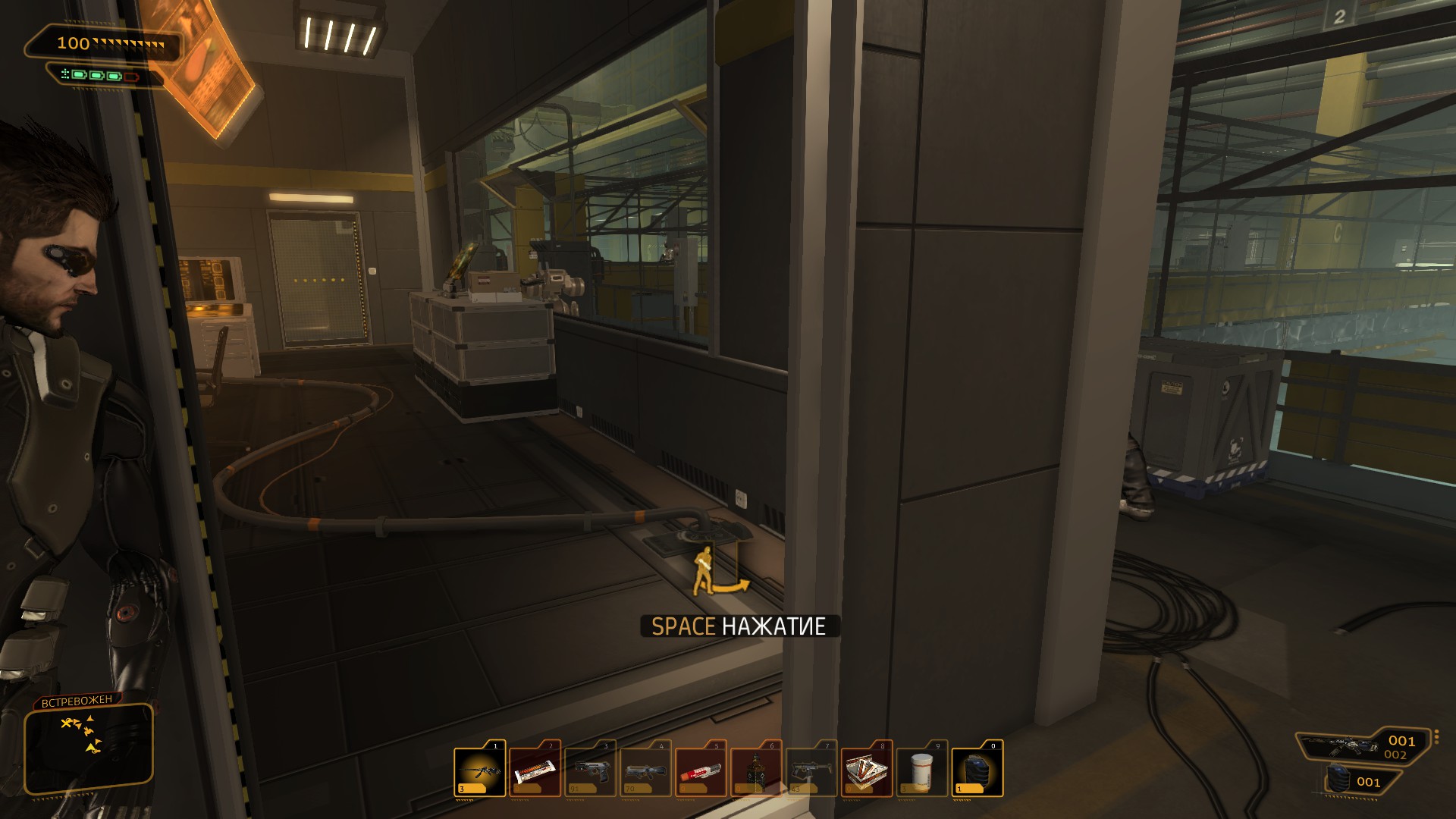
So far the patrols haven't noticed us.
One of the main features of all Deus Ex games is the freedom to choose your playstyle. DE:HR stays true to its roots: you are free to create bloody massacres during missions or silently sneak through enemy lines. However, if you take on the role of a terminator, you will miss out on about 70% of the game. Yes, you can shoot everything in sight, but a large part of the game involves hacking computers (presented as a separate mini-game), waiting for the right moment, exploring the area, and other spy tricks. DE:HR directly encourages players to take stealthy actions: completing missions unnoticed, “peacefully” eliminating enemies, and finding alternative routes will reward you with more experience. In general, all the implants integrated into Adam have their own uses.
Many people want to try out the upgraded Jensen. Sharif definitely expects a return on his investment, and good and not-so-good friends occasionally drop by, needing something as well – in short, there is plenty of work to be done.
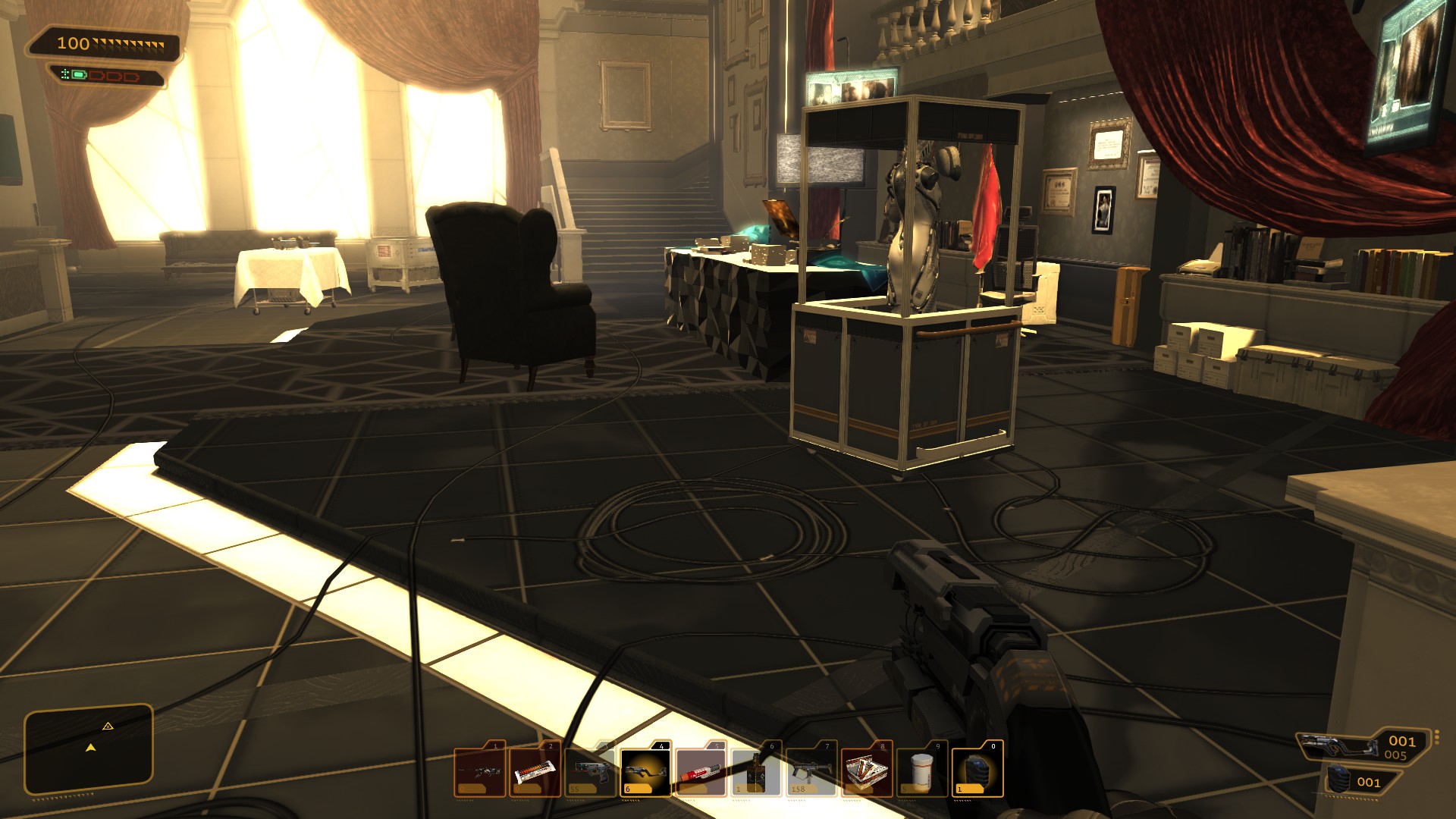
The working environment of Chinese industrial tycoons.
About flying furniture and paralyzed super soldiers
Remember, the essence of DE:HR during Jensen’s forays into foreign territory is to find a way from point A to point B by any means necessary, but not to obtain documents/save someone/cause a diversion. Immersed in a crisis, on the brink of another revolution, the world, serious dialogues of serious characters, corporate conspiracies – all of this begins to seem like a farce if you take the chaos happening during missions to heart.
Despite all its atmosphere and depth, DE:HR is full of purely game conventions. If according to the rules of the game Jensen is in a house and no one sees him, it means he is in the house and no one sees him, not even that thug staring at him point-blank with a huge target between the stair railings. As long as opponents do not meet the main character personally or come across someone’s corpse, they don’t care about sudden rearrangements of nearby furniture, hacked terminals, disabled and missing guards at other posts. The main thing is for everything to be quiet and smooth.
And if you take the missions as they are, out of the overall context, then everything is simply wonderful. The tasks set before the gamer in DE:HR are engaging – you sit down to play for a couple of hours in the evening, and the next morning you find yourself with red eyes, restarting for the thousandth time, searching for the perfect way to overcome obstacles or, as an option, because you couldn’t anticipate that a boss battle was lurking around the corner.
Strangely enough, no one can avoid boss battles in DE:HR, neither a stealthy hacker, nor a master of non-lethal hand-to-hand combat, nor the cyberpunk incarnation of Morpheus, nor a comrade with a well-hung linguistic implant. Playing as the first half with the third, for my debut against the super soldier, I came armed with a tranquilizer rifle, a shock pistol, and a couple of stunning grenades; on top of that, I played the game on the “Real Deus Ex” difficulty, which is the local equivalent of Hard mode. They say, have fun however you want.
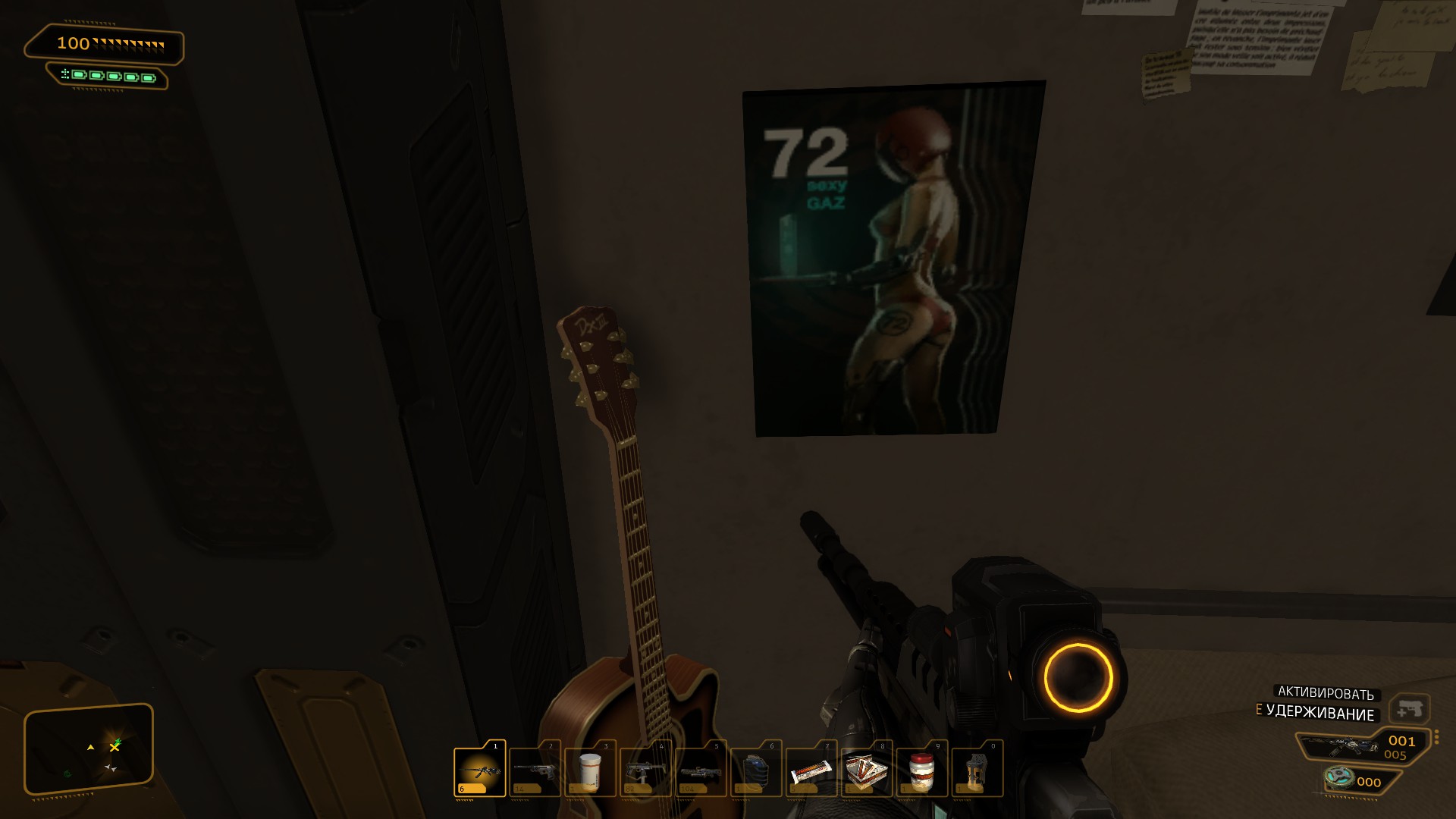
I was saved by the same “lack of seriousness” in gameplay (well, plus interesting features of the local artificial intelligence) – in the utility room where Adam is locked with an elite fighter, there is a place where the boss with all his implants will never find the hero under any circumstances. And grenades will never reach there, not even by accident. The question of “how to kill?” was solved by finding the perfect hiding spot: after a certain amount of time, the steroid mercenary died from his own scattered grenades. I didn’t have to bury an hour of saves and reloads for the second boss – he got stuck in the texture. But after the second encounter with the super merc, I started collecting the most deadly types of weapons, just in case.
So, my cyber-ninja friends, be warned: either you save often or carry around unnecessary 90% of the time an arsenal of something serious as a backup, or you risk getting into serious trouble.
Actually, blatant bugs in the game are very rare. Besides the aforementioned boss fight, I only encountered a really noticeable glitch that affected the gameplay once. But let me tell you how many nerve cells it burned: I stun a guard, he falls, I quickly try to drag him away from prying eyes, and I discover that one of his hands has sunk into the floor (more precisely, into the ventilation shaft right beneath him) and is holding his body firmly in place like an anchor. It was, as they say, a valerian. Fortunately, in the remaining 99% of my playthrough of DE:HR, such mishaps did not occur.
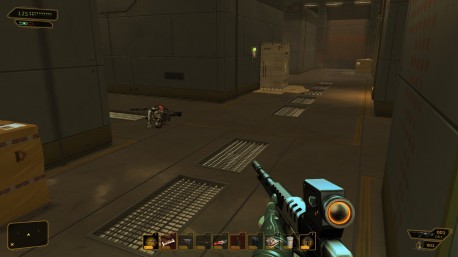
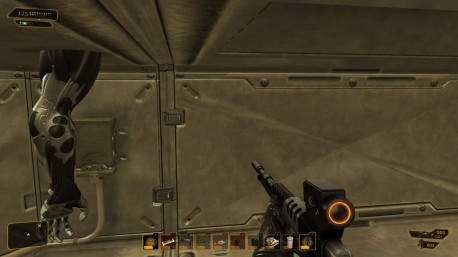
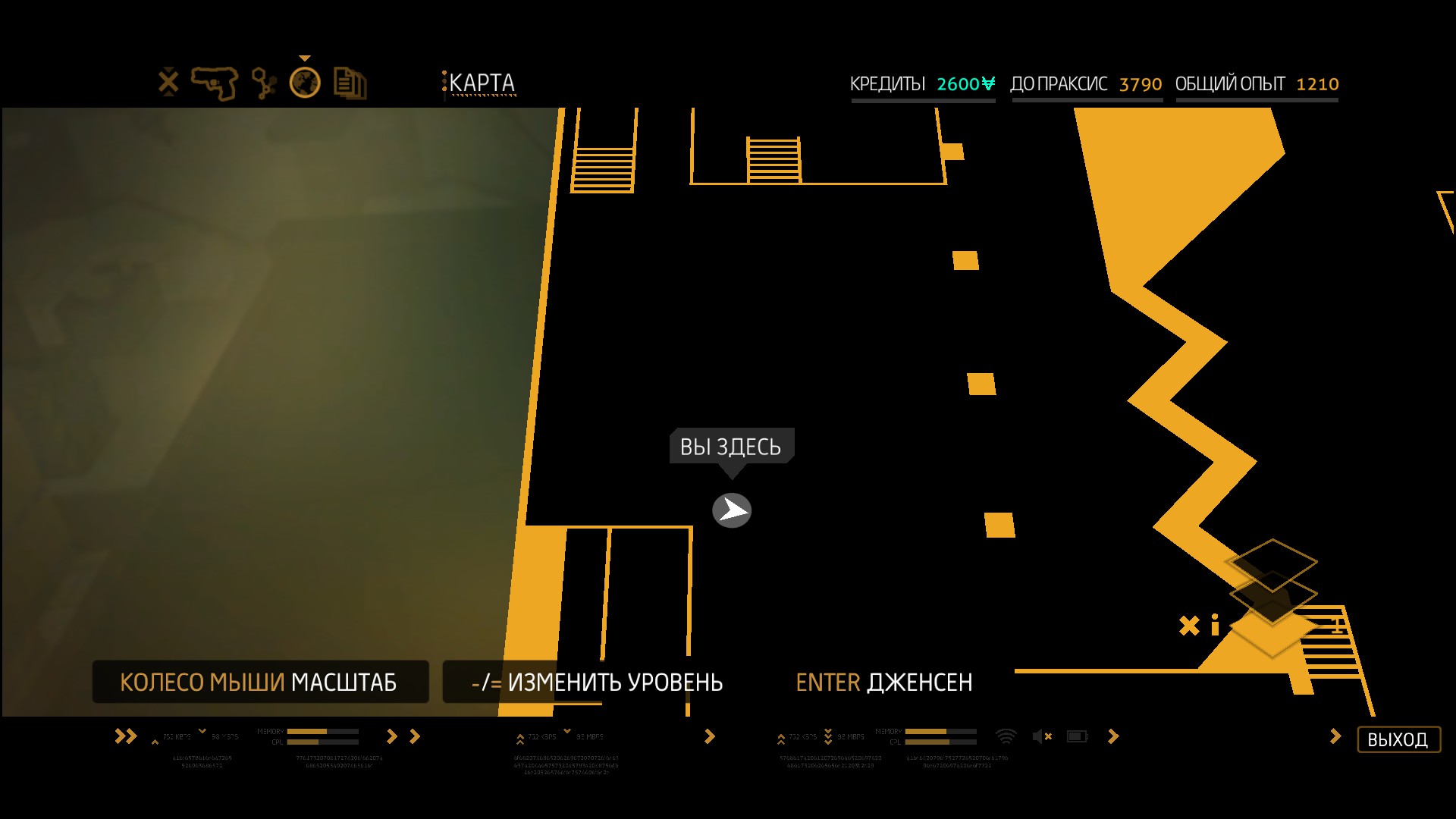
Are you here.
God from man-machine
The decorations, atmosphere – everything is practically perfect: excellent concept art was almost flawlessly transferred into three dimensions, every element – up to a certain point, though – is in its place, in the game world, events are happening, of which Adam Jensen will not become a direct participant at all, but will only be able to grasp fragments of information and observe from the sidelines.
Such side stories make the world of DE:HR more real, more convincing. It turns out that specific NPCs and faceless ones, but ubiquitous due to the corporation, have a whole bunch of their own affairs, besides helping/hindering the main character, and the world as a whole doesn’t really care about his personality.
The first two-thirds of the DE:HR story are perceived with enthusiasm (with one caveat, which is mentioned below). Corporations, super advanced weapons, mutation of human nature, social unrest, everything is as it should be. You believe in the characters: you still want to release a discharge or two into the face of some seemingly positive heroes, and such sincere hatred towards NPCs is not often awakened by developers.
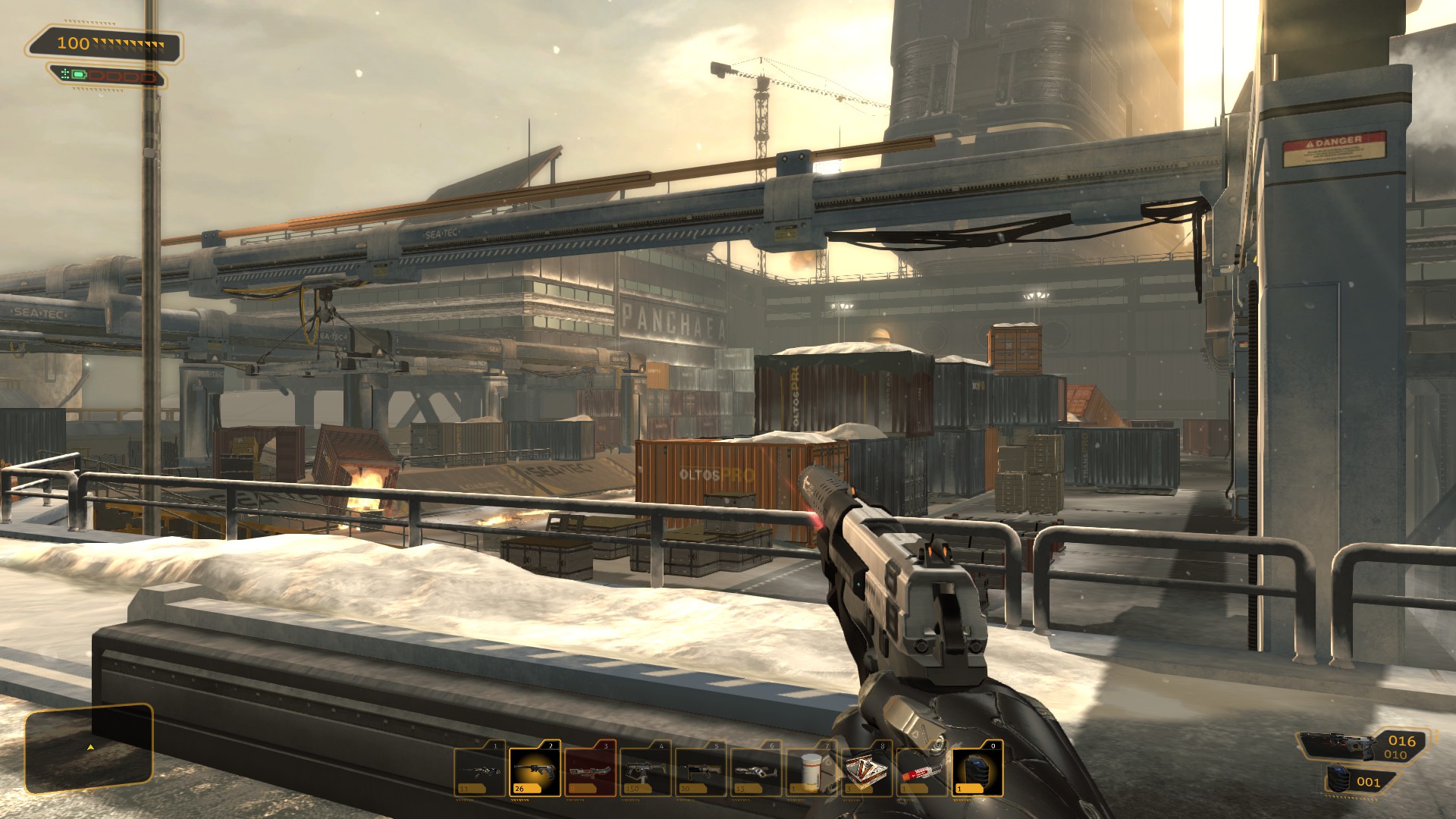
Welcome to the Arctic of the future.
Somewhere around the second visit to the Chinese Hengsha in DE:HR, the passions begin to simultaneously increase and sag. The closer the player gets to the culmination of the story of the struggle between “Sarif Industries” and Adam against everyone, the more cardboard-like the plot becomes. Even for such a progressive technocratic world as the one Jensen walks in, suddenly timely scientific developments and other tricks from a tobacco box (you know, like in cartoons/anime, where the main character SUDDENLY finds new powers within themselves or gains access to some super weapon, or both at once) look unserious. So Adam and everyone else got screwed over by technology, and it turns out that another bright mind has a decisive problem-solving invention up their sleeve.
However, there is irony in this. The game called Deus Ex, one of the main motifs of which is the problem of turning a human into both a god and a machine, regularly resorts to the help of that very Deus Ex Machina, the theatrical “god from the machine,” to resolve plot conflicts. Intentionally or unintentionally, by solving plot collisions with such a cheap trick, the scriptwriters have told an amazing anecdote between the lines of DE:HR.
Fortunately, the drama happening on the screen doesn’t manage to fully turn into a circus, although it is heading in that direction at all times. The worst element of the DE:HR plot is the final cutscenes, where instead of showing what happened and how it all turned out, they offer us a choice of four BBC clips. However, apart from the unclear ending, the narrative part of DE:HR is flawless. The game tries to tell an interesting, simple, but at the same time rich story, and it really succeeds, but on one condition: you must accept the fact that the gameplay here is separate from the plot, atmosphere, and everything else. Mix, but don’t shake, as one of Jensen’s colleagues says.
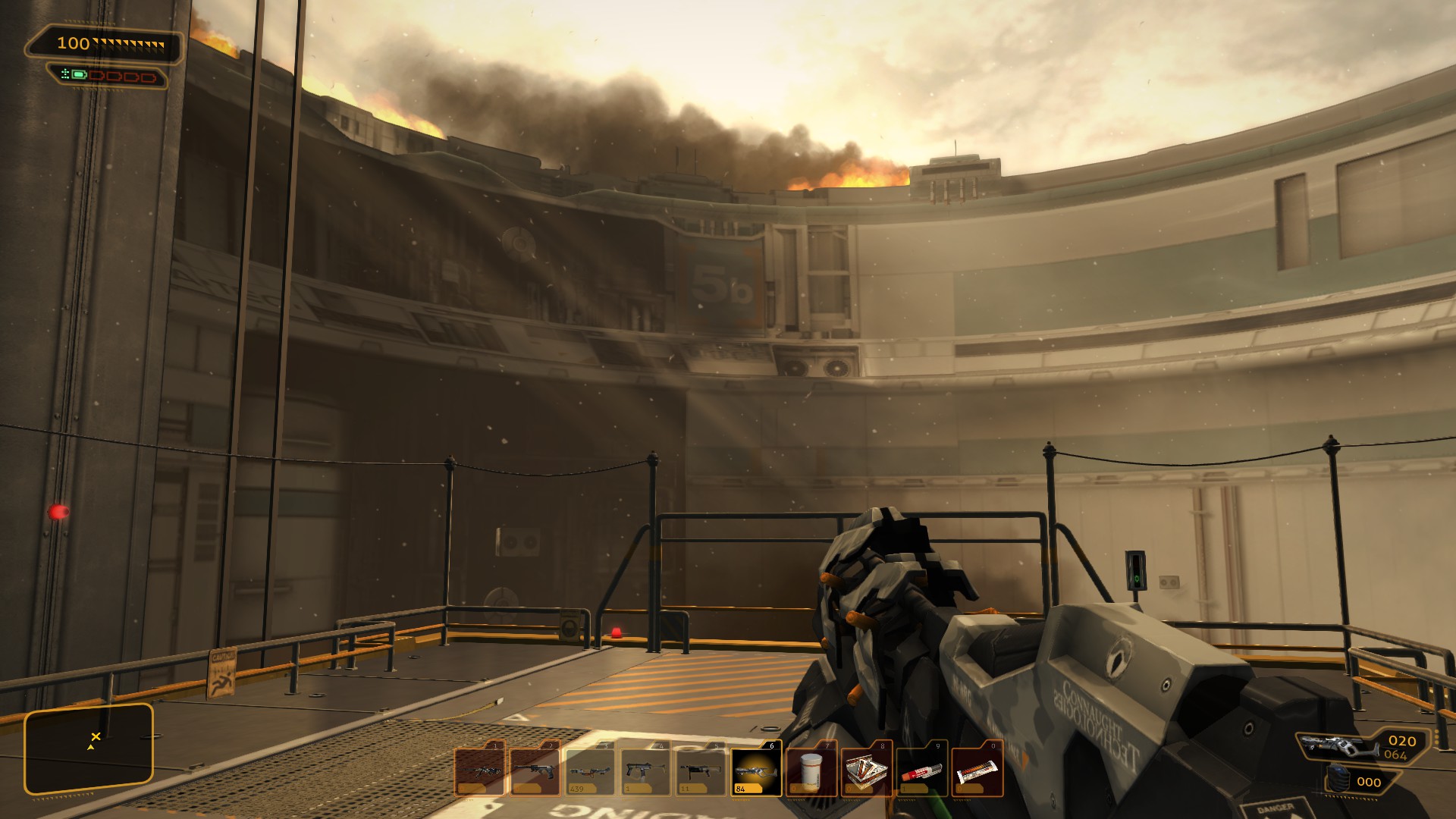
And the winner is...
Just buy it
Adrenaline and emotions in the game are abundant, and this is the best indicator that the developers have succeeded in their project. DE:HR can be replayed with pleasure, not only for achievements and various records, but simply because the game provides genuine enjoyment. Plus, following the old video game tradition, DE:HR is filled with a bunch of various “Easter eggs” that refer to both previous parts of the series (Deus Ex veterans will definitely appreciate it) and various phenomena of popular culture, which not everyone will be able to count and find.
In short, at the end of August, a real hit appeared on store shelves, which is worth playing by absolutely everyone, regardless of their gaming experience, love or dislike for stealth shooters, and cyberpunk as such.
Share
Discuss
More Reviews



